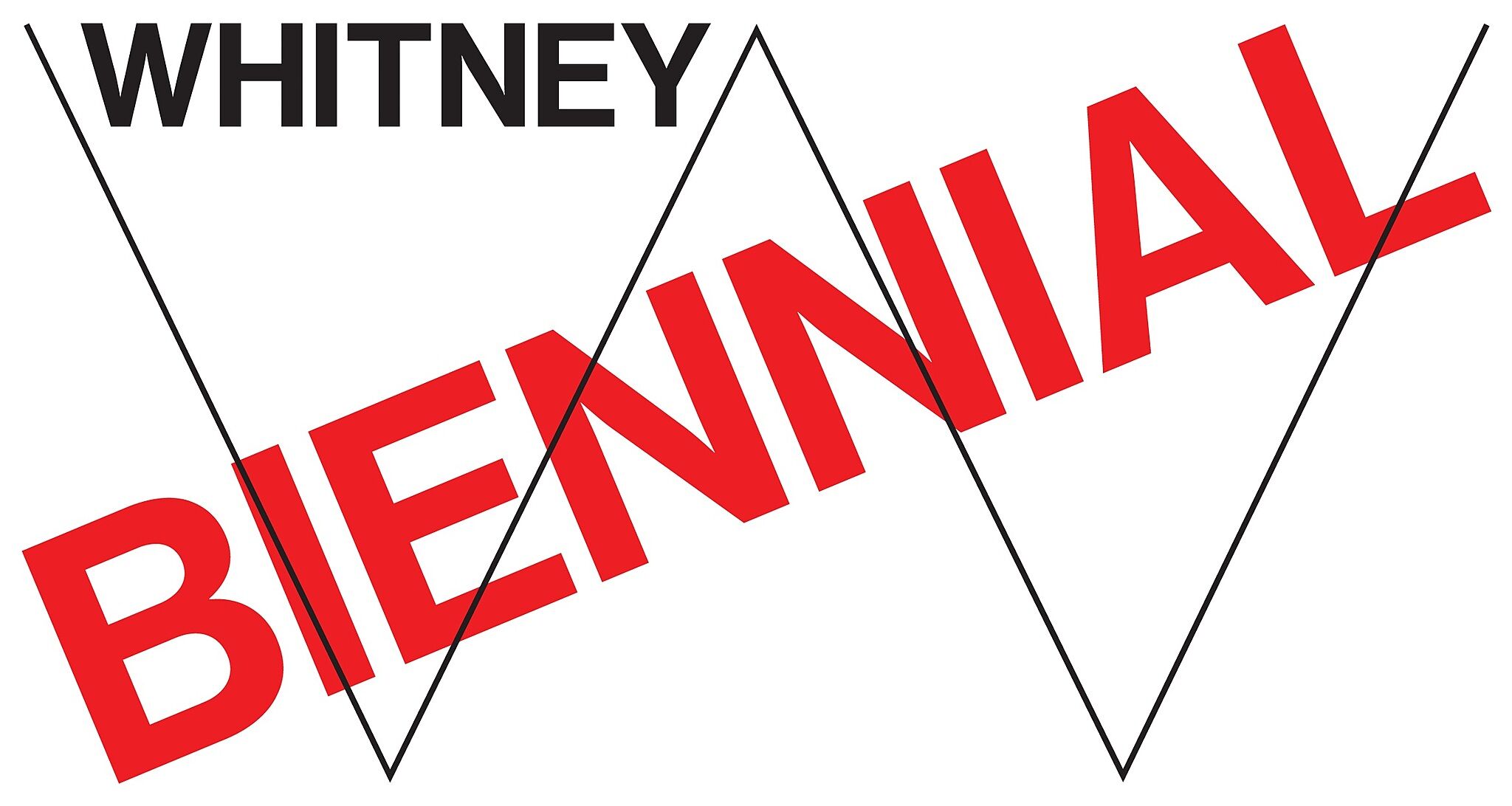Ben Kinmont
Mar 6, 2014
0:00
Ben Kinmont
0:00
Narrator: In his interactive Sshhh archive, Ben Kinmont invites you to email him with the date and time—but not the content—of a conversation you’ve had privately. For the first one hundred people to respond, he will use this information to produce two letterpress prints—Conversation Sheets that document the event. One will be on view here, and one will go to you.
Ben Kinmont: Museums are wonderful locations because they're set up with our feeling of anticipation that we are going to see something meaningful. That alone causes us to pay greater attention, which causes us to have a greater chance at having an experience of something which could be called art.
But I would argue that in fact the, the creation of meaning and the awareness of the creation of meaning occurs also outside of art institutions and one of the zones in which these things, these moments can occur is in the domestic zone. But interestingly, a lot of the meaningfulness and a lot of these moments that are created in the domestic space need to remain private, for various reasons.
They might be about interpersonal space, they might be about something which will somehow be destroyed or dealt with unethically, if it were taken outside of that domestic space and put into a museum setting or into the press or this sort of thing.
Narrator: Kinmont addresses this problem by creating both the private and the public Conversation Sheets.
Ben Kinmont: So in its own way, it's a way in which an object can occupy two different value structures, or two different meaning structures. It operates in one sense within the art world, as it circulates and is presented within the exhibition space. But then it operates and means something different for the family who has that Conversation Sheet in their home where it functions as an aide memoir for a conversation that they once had.

